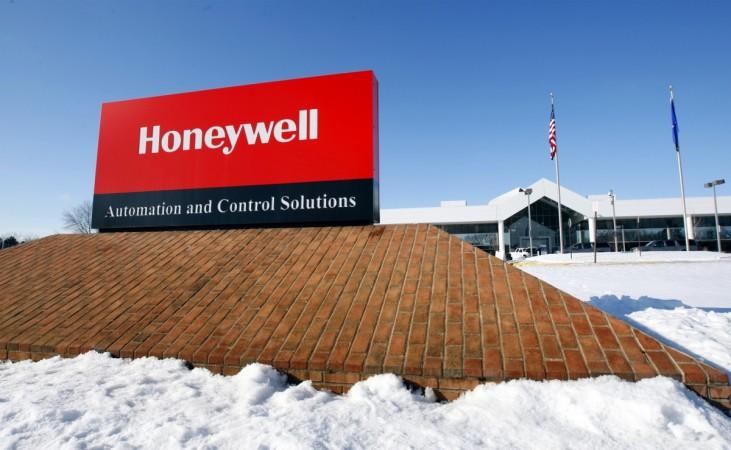
United Technologies Corp on Monday disclosed merger talks with fellow aerospace component supplier Honeywell International Inc but said a deal would "face insurmountable regulatory obstacles."
A merger could either be blocked outright or conditioned on significant divestitures after a lengthy and disruptive review period that would destroy shareholder value, United Tech said.
Merger discussions between the two US-based multinationals are not currently active, and there have been no recent meetings among lawyers or bankers on any specifics, a source familiar with the matter said.
A merger of the two firms would create a behemoth with combined sales of more than $90 billion, a company responsible for a huge amount of equipment on commercial airliners, ranging from jet engines to airplane cockpits and landing gear.
Such a deal would likely draw opposition from plane makers such as Airbus and Boeing Co, as well as the Pentagon, since the companies also make parts for key weapons programs, including Lockheed Martin Corp's F-35 program.
"If you put these two companies together, they would build the plane from tip to tail," said a source. "There's just no way that Boeing and Airbus would ever accept that."
United Tech was reluctant to shed higher-margin commercial aerospace units that would likely be required to secure government approval, another source said.
CNBC first reported on the talks earlier on Monday. Honeywell declined to comment on the report. Pentagon officials had no immediate comment.
Jeff Bialos, a law partner with Sutherland Asbill & Brennan and a former senior Pentagon official, said any combination would spark a serious antitrust review given overlapping business in areas ranging from engines to avionics.
"If this were to go forward, it would get significant US government scrutiny," said Bialos. "This kind of a deal could well result in some kind of material divestiture."
The sources said the government was unlikely to approve a merger of this scale in a presidential election year, which meant the process could likely drag on for 18 to 24 months.
Some analysts and antitrust experts said the deal could ultimately be approved if the parties agreed to some big divestitures, since there are other competitors, and if they enlisted the backing of their biggest customers.
"We think a merger would unlock significant synergies," said S&P Capital IQ analyst Jim Corridore in a note to clients.
Peter Carstensen, who teaches antitrust at the University of Wisconsin Law School, said that the deal would likely win antitrust approval unless there was "a very substantial expression of concern by the airplane manufacturers."
Shares of United Technologies, which makes Pratt & Whitney jet engines and Otis elevators, closed up 4.6 percent Monday. Shares of Honeywell, a maker of aerospace parts and climate control systems, fell 2 percent.
'DEAD IN THE WATER'
United Technologies and Honeywell first began exploring a merger as early as 1993, but the talks were revived after a broad strategic review initiated by United Tech's Chief Executive Greg Hayes when he took over last year, according to the sources. That review also resulted in United Technologies selling Sikorsky Aircraft to Lockheed Martin Corp.
Hayes put out feelers with Honeywell, but he was snubbed, the people said. In September, after United Technologies' market capitalisation dropped due to poor earnings, Honeywell approached United Technologies with its own offer, which would see it lead the merger instead, the people added.
Despite United Technologies having been offered a premium for its shares, the deal was seen by the company as "dead in the water" with US antitrust officials due to overlapping business in the commercial aerospace and military markets, the people added.
United Technologies grew sceptical of the deal's prospects with antitrust regulators after reviewing it more closely over the course of the last year, one source close to the company said.
United Technologies, which like many multinationals has been hurt by a strong dollar, unveiled a $1.5-billion restructuring plan to cut costs in December, citing slowing growth in China and weakness in Latin America and Europe.
Honeywell, which counts Boeing and Bombardier Inc among its customers, has cut jobs and sold or merged businesses to reduce costs.
Both companies have been under pressure by Boeing and Airbus to reduce their costs, and both have also seen defence orders squeezed in recent years.

















